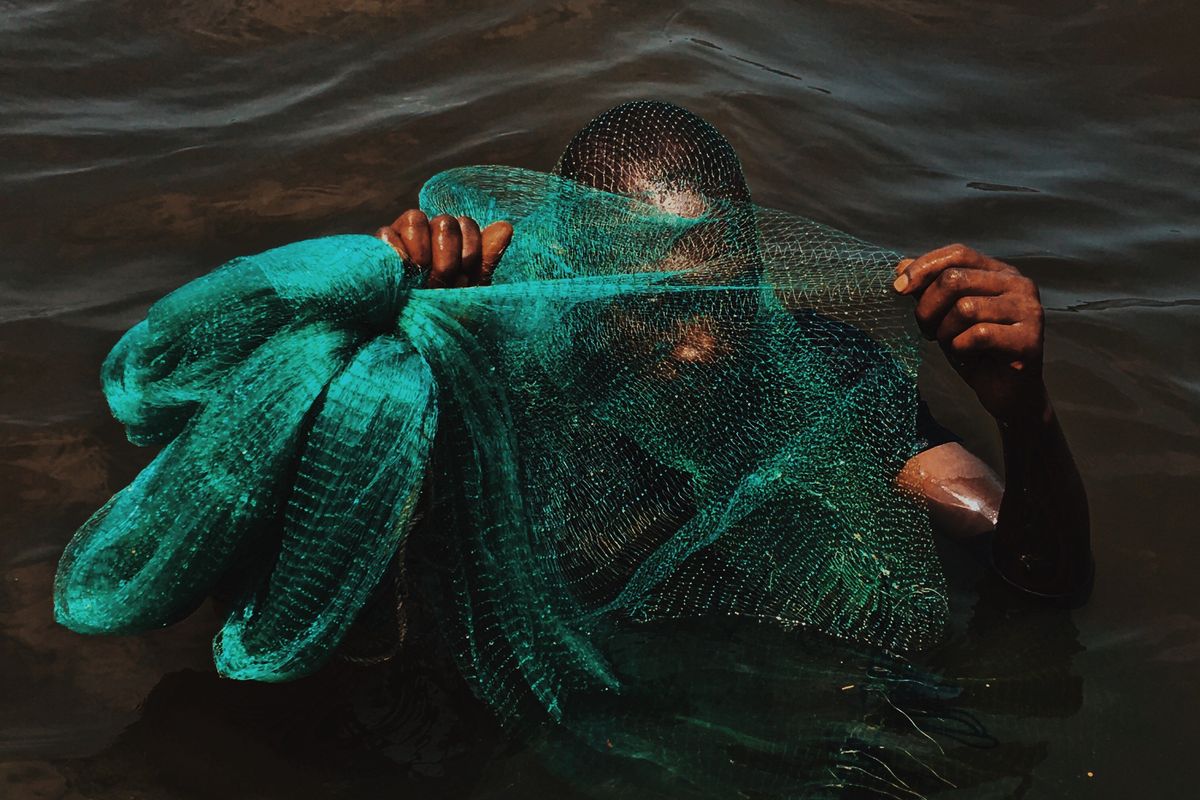
"La valse des mailles" by Noella Elloh
SEARCH

The photo series, by artist Noella Elloh, advocates for collective responsibility around the "environmental question" across the continent by highlighting the threat it poses to a village of fishermen in Abidjan.